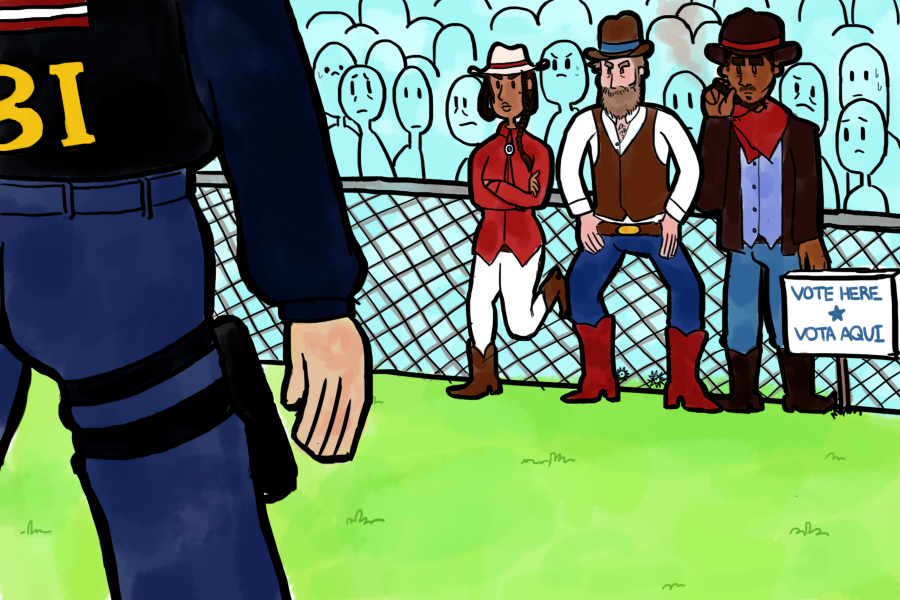It’s a classic sitcom trope — a character makes some ridiculous boast or claim, refuses to back down out of pride, and eventually spends the whole episode going to absurd lengths to support their initial bluster. They usually fail in the end.
Of course, no matter how much he behaves like one, Donald Trump isn’t a sitcom character — he’s the President of the United States. But six months ago, Trump made a ridiculous claim — that millions of people voted illegally, costing him the popular vote in last year’s presidential election.
It’s a claim he’s made often, first as president-elect and many times again as president. Now, he’s going to absurd lengths to support it — in May he announced the creation of a commission to investigate voter fraud. Kris Kobach, the commission’s vice chairman, has insisted that its purpose isn’t to add credence to the president’s claims, but the announcement follows through on a pledge by Trump to do exactly that. It’s no secret where his sudden concern about voter fraud comes from.
This is one area where the president’s personal delusion actually lines up with the interests of his party. The GOP has been engaged in a campaign to limit voting rights for years, and could use the commission’s findings as an excuse to carry on that campaign. So naturally, Vice President Mike Pence — the administration’s resident “normal” Republican — said it would be his “honor” to lead the commission.
But he and Kobach ran into trouble when they started asking state governments for voter data — most states refused to cooperate.
The backlash was bipartisan. The California secretary of state, a Democrat, called the commission a “waste of taxpayer money,” while the Mississippi secretary of state, a Republican, invited the commission to “go jump in the Gulf of Mexico.” But not every state took such a hard line. Kansas, where Kobach himself serves as secretary of state, said it would only provide voter data that was already publicly available. Texas will do the same — secretary of state Rolando Pablos said he would provide public information while promising to “protect the private information of Texas citizens.”
Indeed, this seems to be the prevailing response across the country. But it’s not enough. To facilitate this commission in any way, shape or form is to support its underlying purpose, and that purpose — the invasion of people’s privacy in order to construct a pretense for robbing them of their voting rights — is repugnant.
The allocation of federal resources to heal the president’s fragile ego should not be legitimized, normalized, or formally acknowledged. The naked opportunism of Republicans like Kris Kobach and Mike Pence, who seek to use the president’s bluster to make it easier for their party to win elections, should be condemned. Offering only public information will protect the privacy of voters in Texas, but it still serves to make the commission’s job easier. That job, plainly, is an affront to democracy, and so public officials who care about democracy must be uncompromising.
Groves is a philosophy junior from Dallas. He is a senior columnist. Follow him on Twitter @samgroves.


















